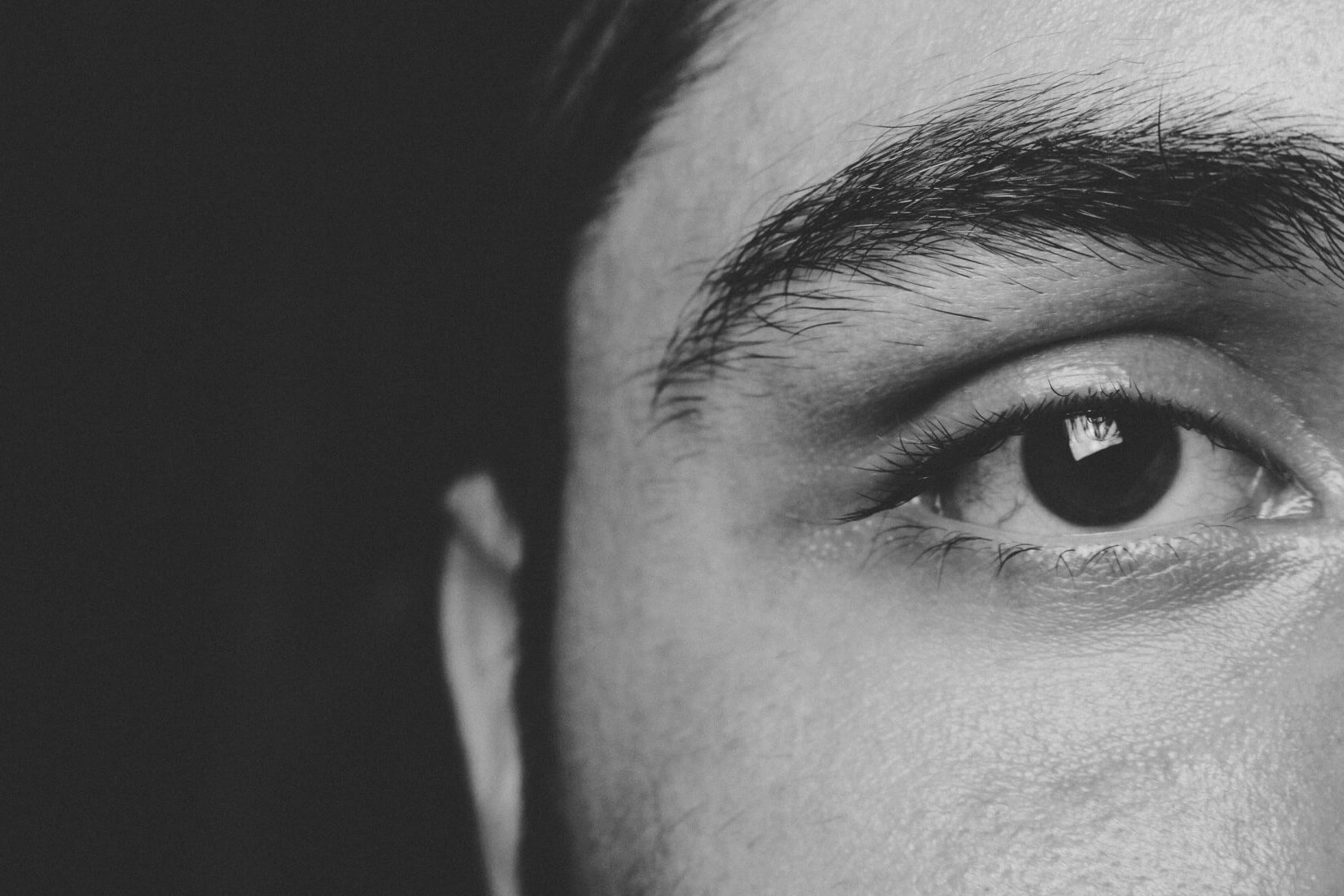Abuse of alcohol over a prolonged period of time can lead to a condition known as alcoholic myopathy, which causes damage to the muscles in the body and can result in symptoms such as weakness, cramping, and pain in the muscles. Alcoholic myopathy is a debilitating condition, but there is currently no treatment available for it because the muscle damage that has already been caused cannot be undone. Avoiding alcoholic beverages and leading a generally healthy lifestyle are two of the best ways to keep this condition from getting worse and to keep it under control so that it can be managed.
Medication may be prescribed in certain circumstances to assist with the management of symptoms such as pain and cramping. In addition, it is possible that you will be advised to participate in physical therapy or rehabilitation in order to help improve your muscle strength and flexibility.
If you or someone you know is experiencing symptoms of alcoholic myopathy, it is essential to seek medical attention as soon as possible, as early intervention can help to prevent further damage and improve the outcome. If you or your friend or family member is experiencing symptoms of alcoholic myopathy, it is important to seek medical attention as soon as possible. Individuals who suffer from alcoholic myopathy can lead normal lives and experience a high quality of life if they receive the appropriate treatment.
Here are 5 steps that can help manage alcoholic myopathy:
- Abstinence from alcohol: The most important step to manage alcoholic myopathy is to stop consuming alcohol. This can help prevent further damage to the muscles and allow them to heal to some extent.
- Medications: Medications may be prescribed by a healthcare professional to manage symptoms such as pain and cramping.
- Physical Therapy: Physical therapy or rehabilitation may be recommended to help improve muscle strength and flexibility. A physical therapist can design an exercise program tailored to the individual’s needs and abilities.
- Nutrition: Eating a well-balanced diet that includes lean protein, complex carbohydrates, and healthy fats can help improve muscle health and function.
- Rest: It is important to get adequate rest and avoid overexertion, especially during periods of muscle pain or weakness. Resting the affected muscles can help them recover and prevent further damage.
It’s important to follow a healthcare professional’s advice on managing alcoholic myopathy, as each case is unique and may require different treatment approaches. Additionally, seeking help and support from loved ones, a support group, or a mental health professional can also be beneficial in managing the emotional and psychological effects of alcoholic myopathy.
If you are suffering from an alcohol addiction, seeking professional help can help you regain control of your life and achieve long-term recovery. It is critical to find a qualified and experienced professional who understands the complexities of alcoholism and can assist you in navigating the challenges that come with it.
Alcohol use disorder is very often a complex issue that can have serious consequences for your physical, mental, and emotional health, as well as your relationships and overall quality of life. Seeking assistance from a professional who has worked with people who have alcohol use disorders can provide you with the support and guidance you need to overcome addiction.
Therapy, medication, support groups and other forms of care can all be used to treat alcohol related issues. Working with a professional who understands the unique challenges of alcohol and can tailor treatment to your specific needs can improve your chances of success significantly.
Remember that seeking help is a brave step towards a healthier and happier version of yourself. Anyone can overcome alcohol addiction and achieve long-term recovery it all has to do with making the descision to start recovery with the right support and care.







